Before you move on...
Get 10% off your first order
20% off
Enter code 'NEU10' at checkout.
Your organic specialist company for Ayurveda and other natural products based in Switzerland
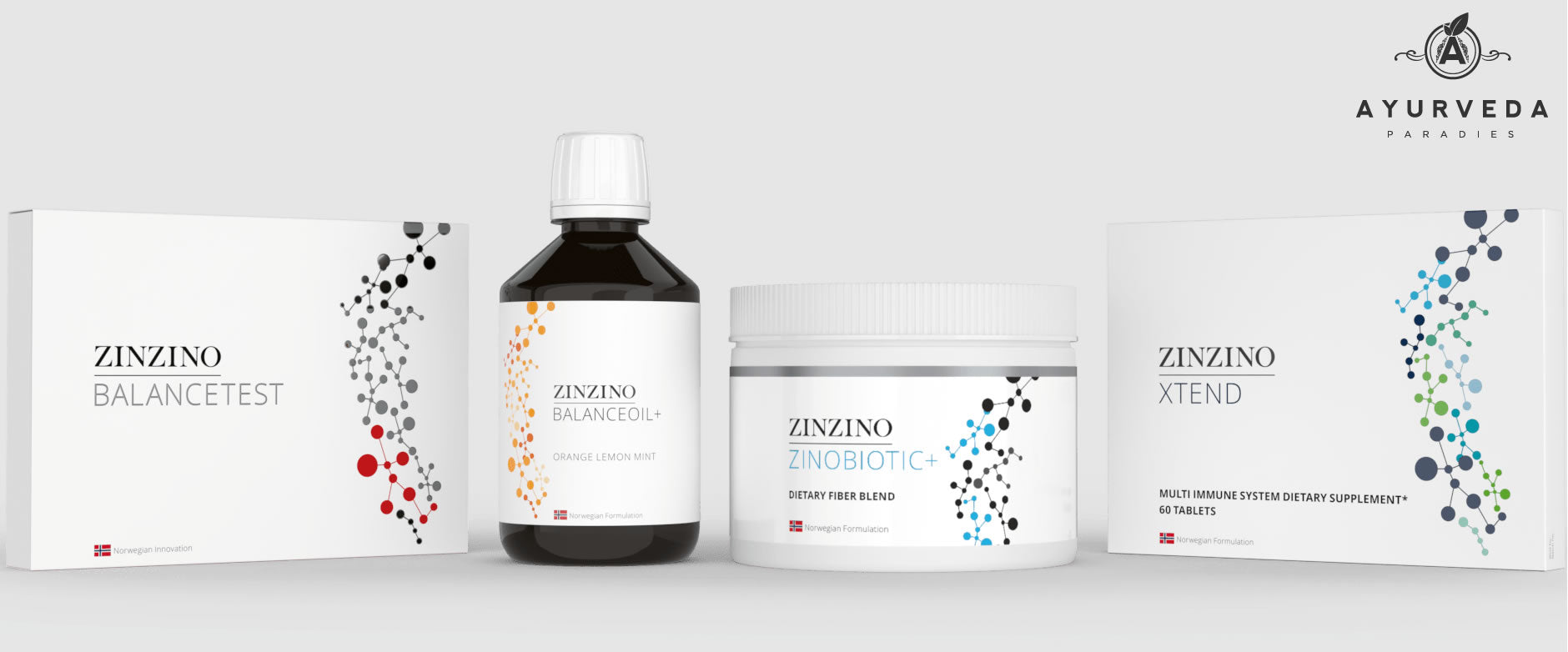
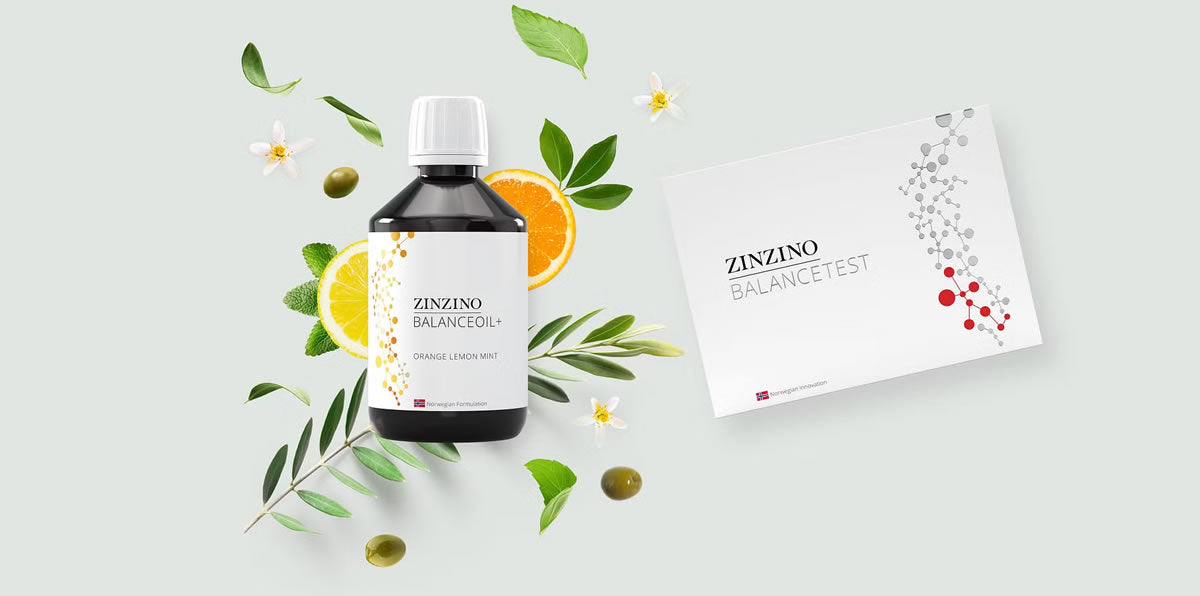

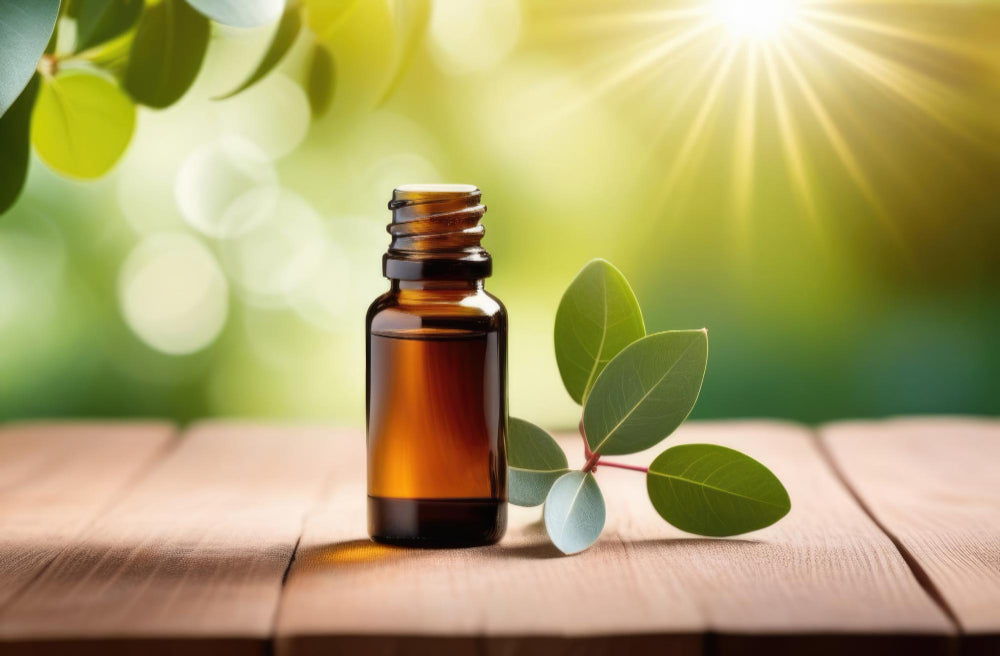
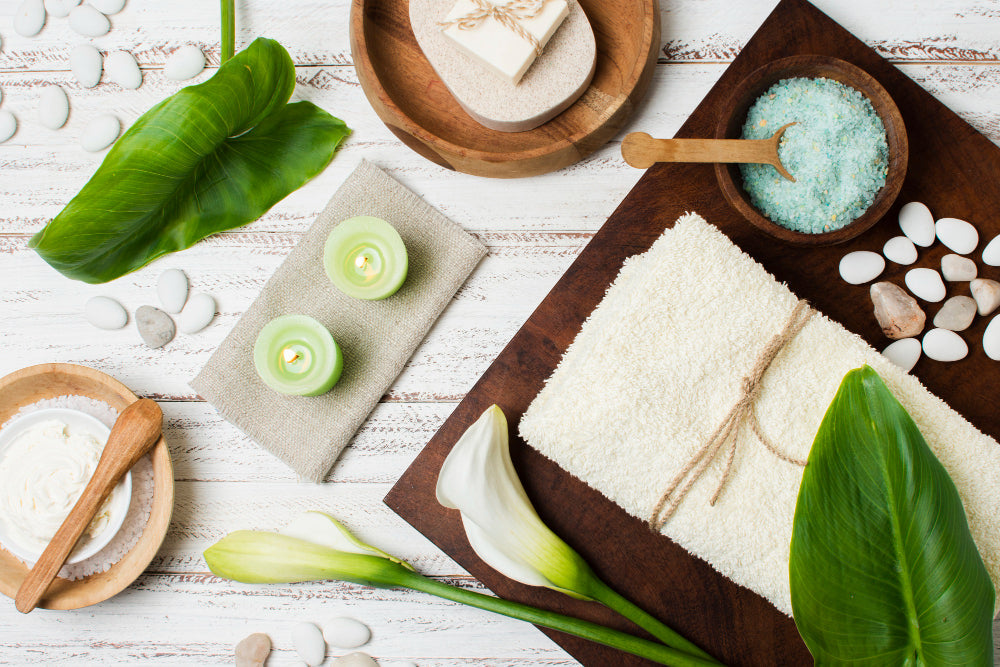
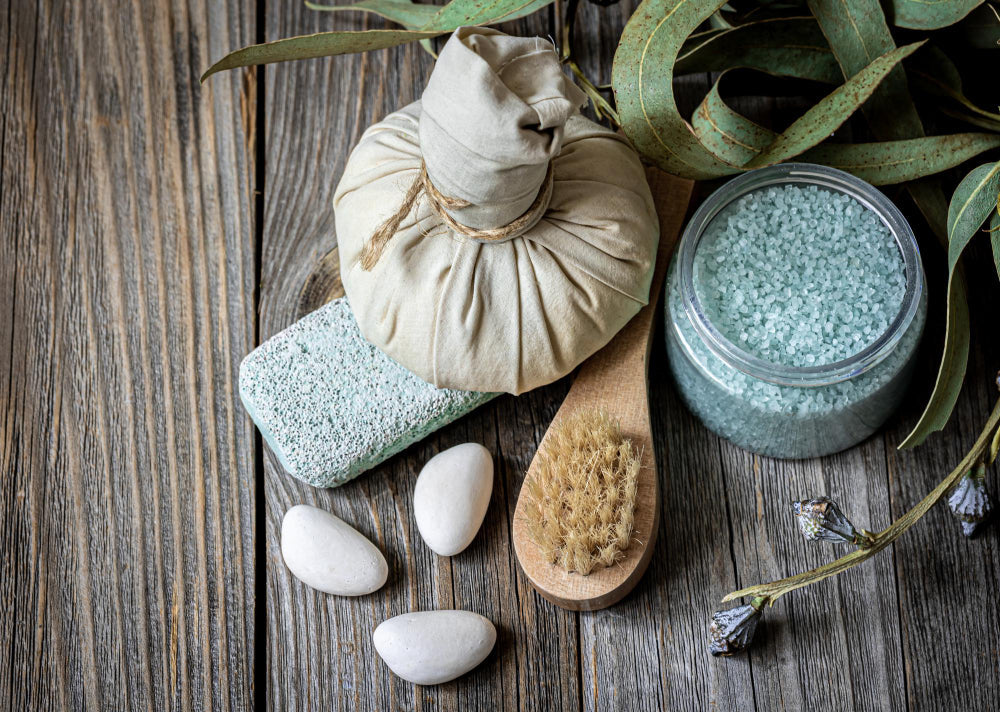
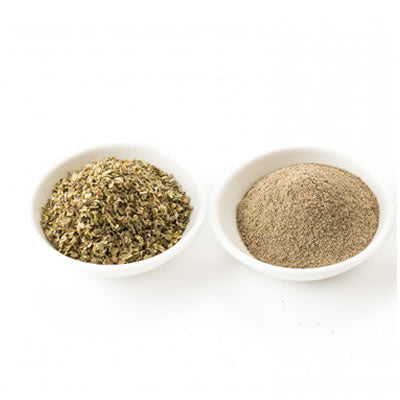
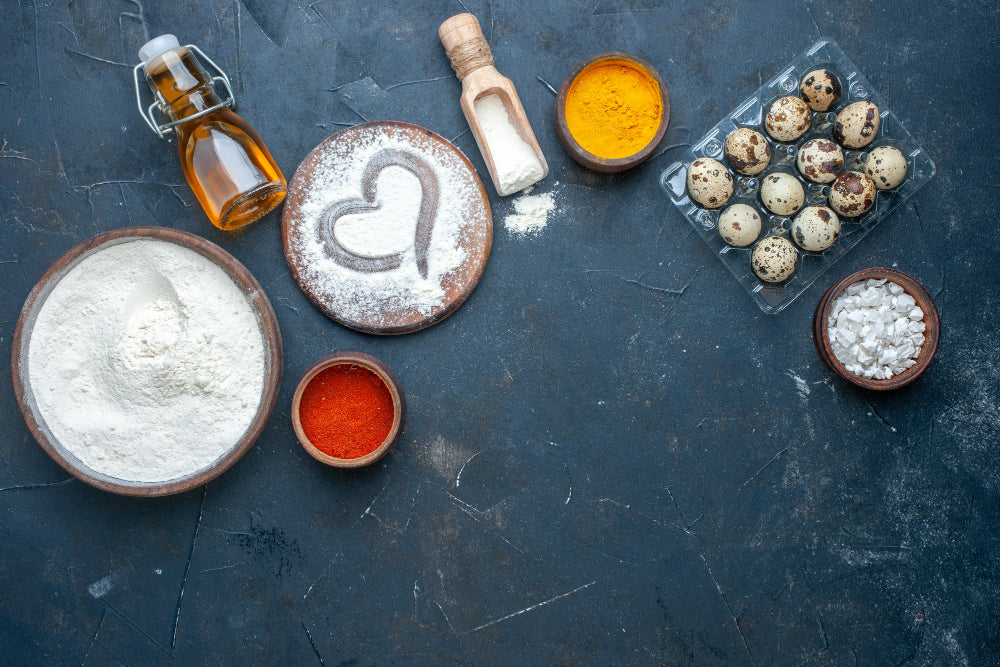
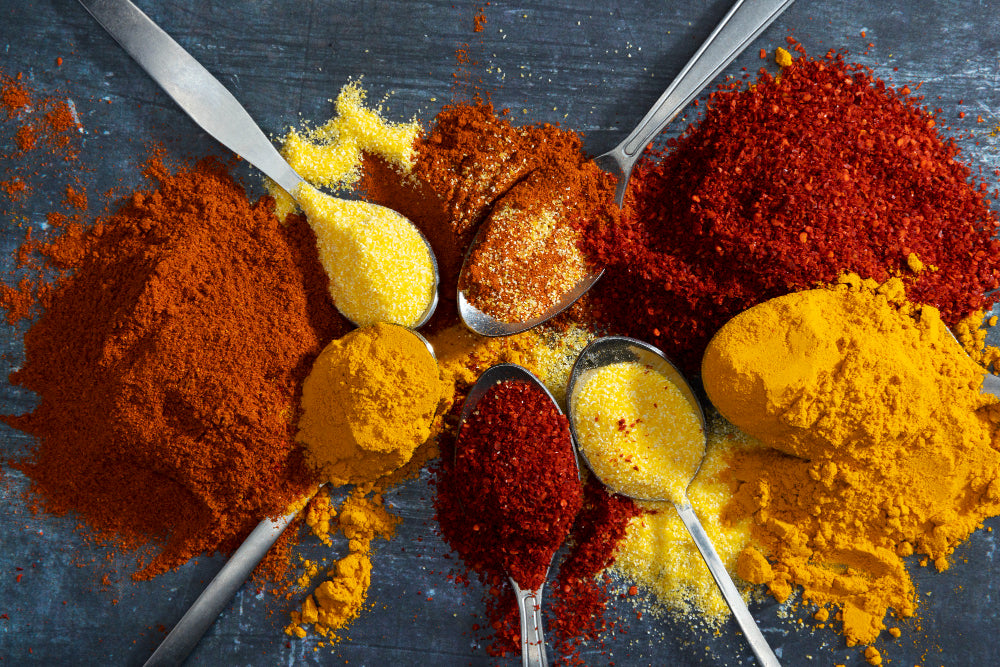
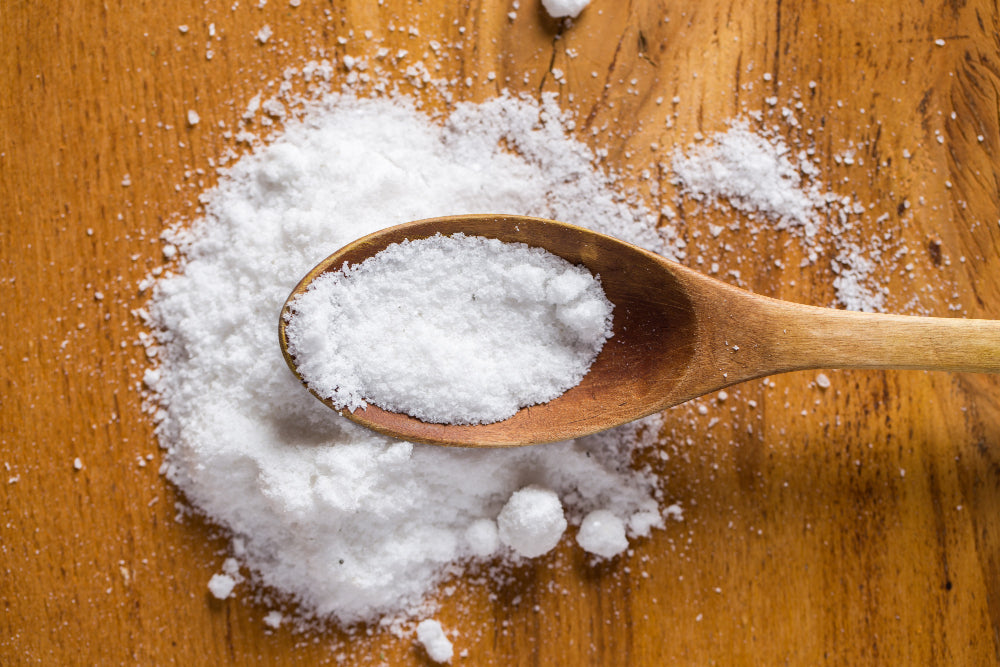
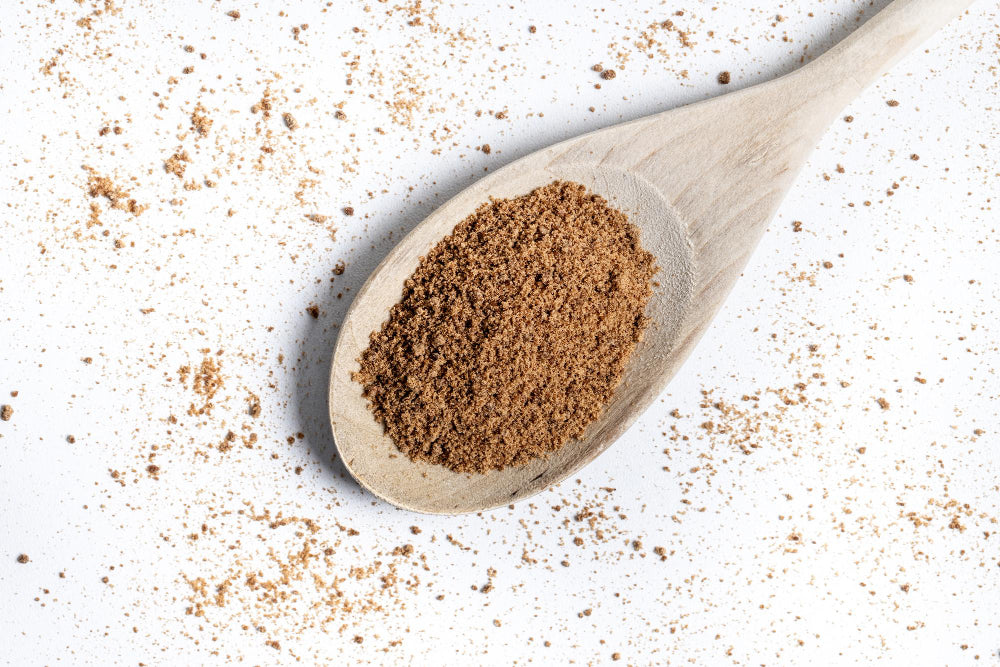
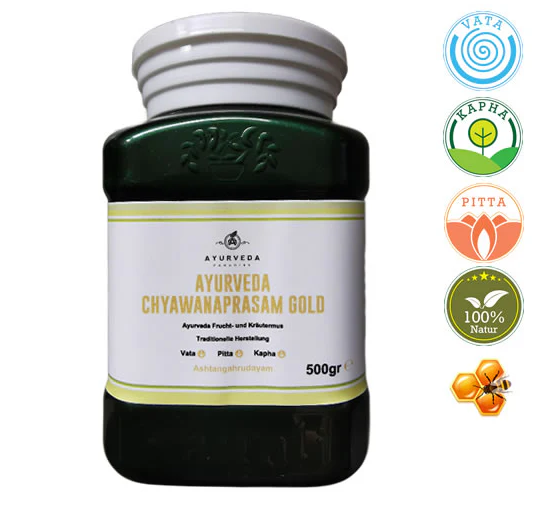
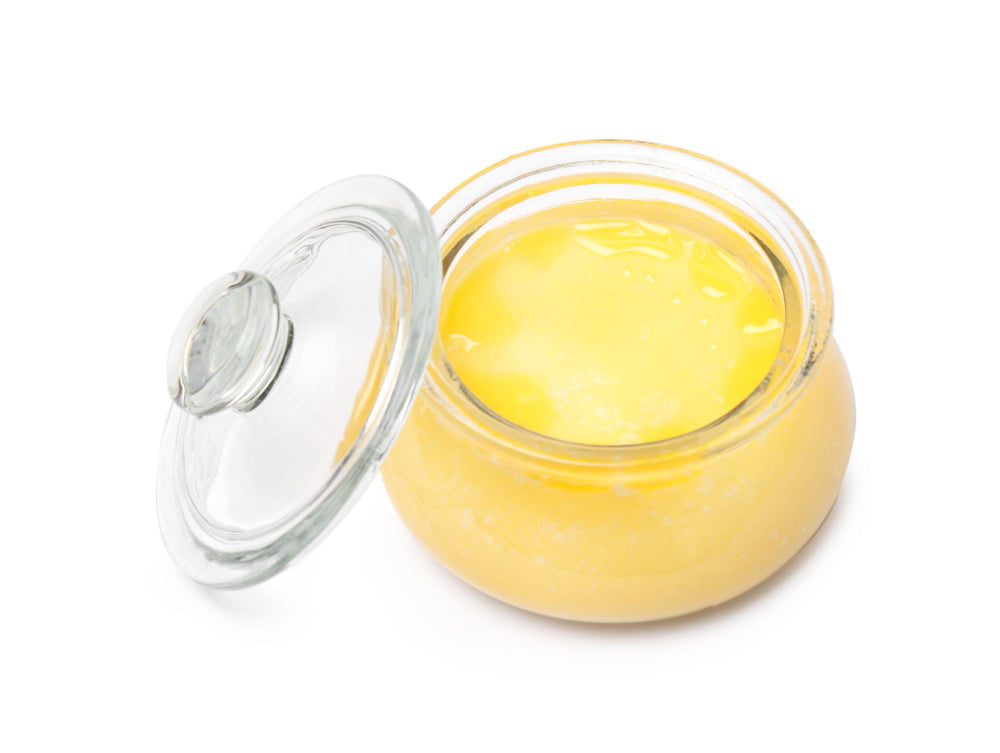
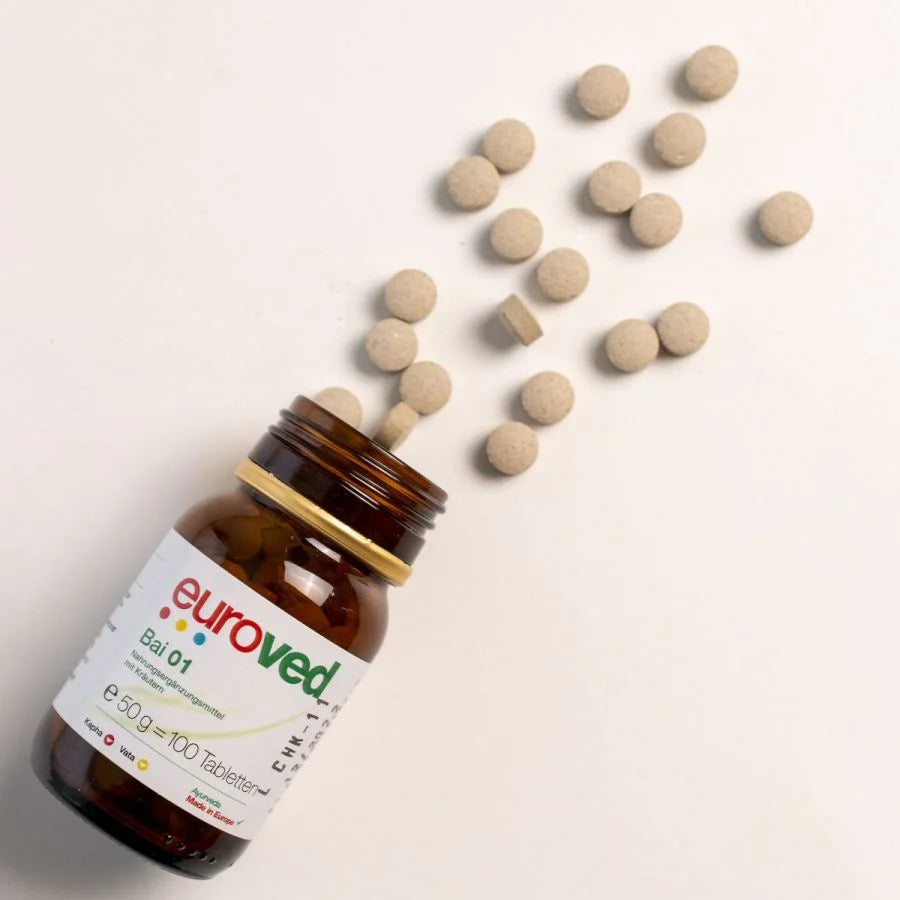
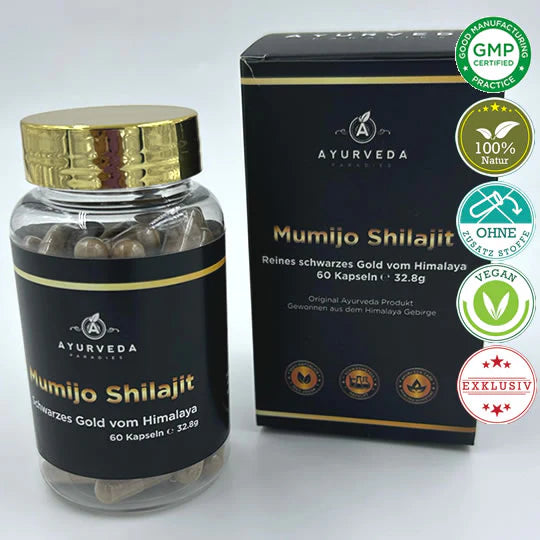
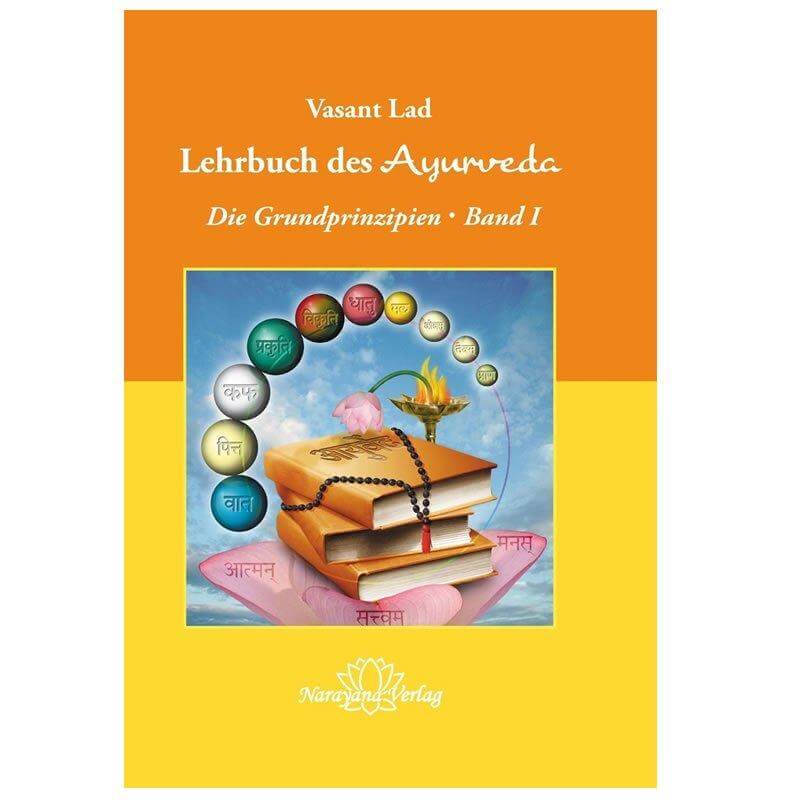
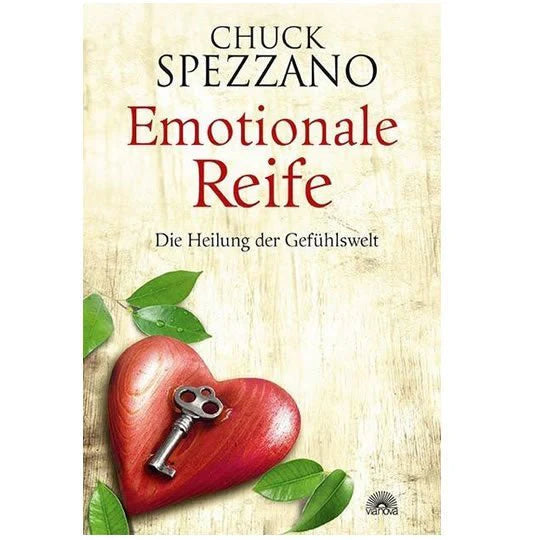
 magazine
magazine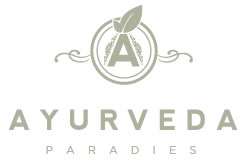 Pursue
Pursue Quality assurance
Quality assurance Support
Support
The quality ä Health assurance is an integrated process at Ayurveda Paradies
The highest quality standards are incorporated into the Ayurvedic and natural products in cooperation with each of our suppliers. Before delivery All products are tested in the laboratory for contamination and residues such as pesticides or heavy metals in accordance with the relevant guidelines for assessing the quality of plant products. We are also tested annually by both the cantonal laboratory and the medicinal products control authority.
Ayurveda Paradise traditionally produced Ayurveda massage oils are made in Kerala, South India and contain the base oil with various herbs from nat ü local cultivation. The manufacturing process is unique and is carried out according to the Cooked for 2-3 days according to the strict guidelines of the Ayurveda Pharmacopoeia, to ensure the uniform combination of the base oil and the herbal broth. Finally, the oil is energetically enhanced over a wood fire. All our oils are naturally grown and are Toxic-Free, Cruelty-Free, Made-Safe, GMP and Eurofins certified .
Swiss CH-BIO-006 certification
For administrative and cost reasons, we do not comply with Swiss guidelines and their CH organic certification. Our oils come 100% from natural cultivation and our own gardens.
branded products
Brands such as the own brand Ayurveda paradise , Nimi, Classic Ayurveda, Cosmoveda or Maharishi Ayurveda apply their own quality guidelines. These products are also tested in the laboratory and labelled accordingly.
glass medicinal bottles
We use glass from recycled brown glass from Europe.
packaging material
We use RECYCLING packaging chips from Switzerland as well as other sustainable packaging materials.
The Ayurveda Paradies is organic certified and is tested by Bio.Inpecta AG.


Some in Ayurveda Shop Products marked with the following seal of approval were also provided with the following seal of approval:
Ayurveda products and other natural products that carry the BDIH certificate are subject to independent and ongoing monitoring based on fundamental criteria. The BDIH (Federal Association of Industrial and Commercial Companies for Pharmaceuticals, Health Foods, Food Supplements and Cosmetics) is a social and therefore non-profit association of manufacturers and sales companies. The focus is on transparency for consumers and the creation of equal competitive conditions for all participating companies.
For further questions regarding the Ayurvedic products in the Ayurveda paradise and the quality guidelines we are at your disposal.
For the contact form .
Thanks for subscribing!
This email has been registered!
Get 10% off your first order
Enter code 'NEU10' at checkout.